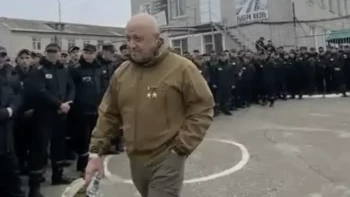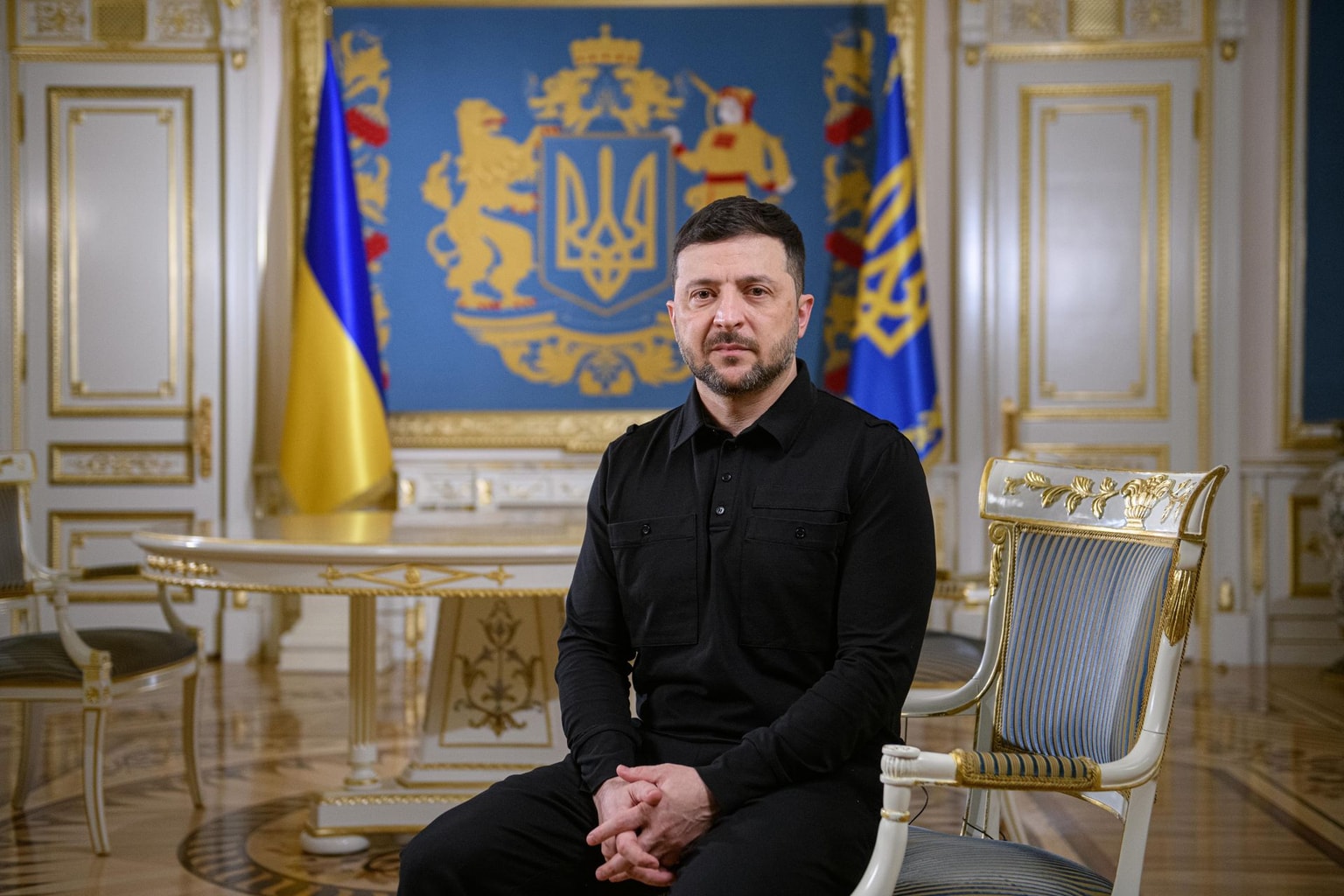UK Defense Ministry: Wagner Group likely ended prisoner recruitment due to ‘rivalry’ with regular military
The U.K. Defense Ministry said in its latest update on Feb. 11 that data from the Russian Federal Penal Service suggested a drop-off in the rate of prisoner recruitment to Russian paramilitary group Wagner since December 2022, adding that news of the “harsh realities” of service in Wagner in Ukraine has probably “filtered through to inmates and reduced the number of volunteers."
Earlier on Feb. 9, Wagner founder Evgenii Prigozhin claimed that the organization has “completely stopped” recruiting prisoners to fight alongside Russian forces in Ukraine.
"A key factor” in the termination of the prisoners’ recruitment scheme is likely an increasingly direct rivalry” between the Russian Defense Ministry and the Wagner Group, the ministry said.
“The regular Russian military has likely now also deployed the vast majority of the reservists called up under ‘partial mobilization,’” it added.
According to the update, Russian leadership “faces the difficult choice of either continuing to deplete its forces, scale back objectives, or conducting a further form of mobilization.”
Earlier, The Institute for the Study of War (ISW), a D.C.-based think-tank analyzing the war in Ukraine, said that conventional Russian forces had begun replacing the exhausted Wagner mercenaries after capturing the salt-mining town of Soledar.
Last week, the U.K. Defense Ministry also acknowledged that the scale of Wagner’s recruitment of prisoners to fight had "probably significantly reduced" compared to its peak between the summer and fall of 2022.
In late January, Olga Romanova, head of Russia Behind Bars, a nonprofit that protects the rights of convicts, said that only 10,000 of the nearly 50,000 mercenaries recruited into Wagner had remained in service – suggesting that the rest had deserted or had been killed or wounded.
The U.S. has designated Wagner Group as a “significant transnational criminal organization” and imposed sanctions on its support network worldwide.











